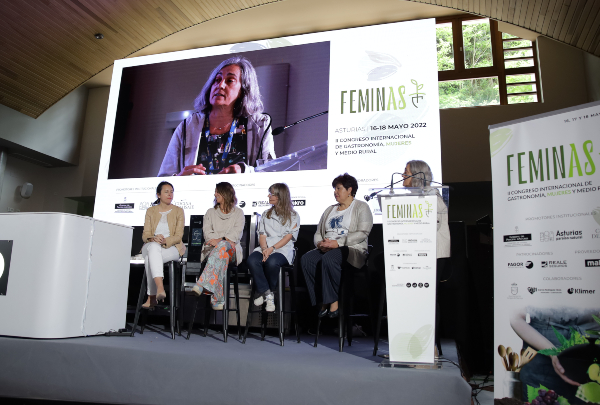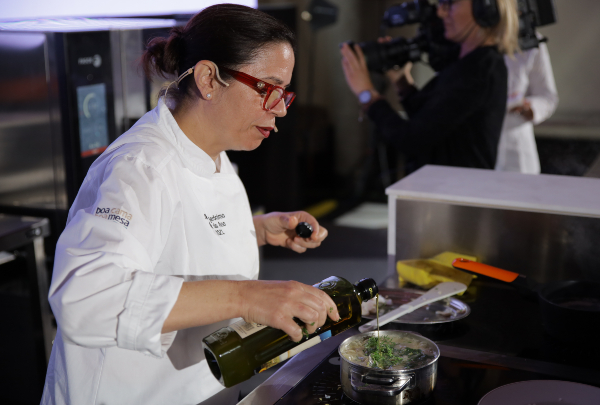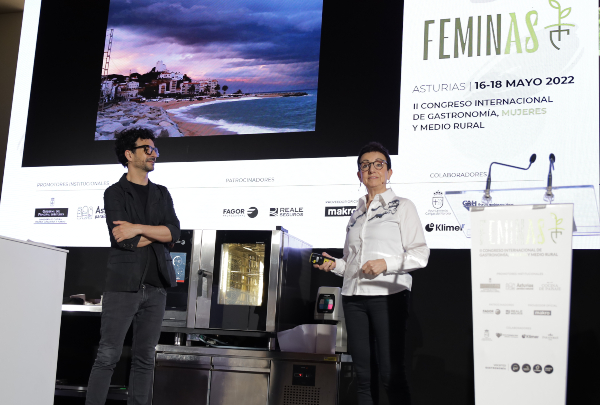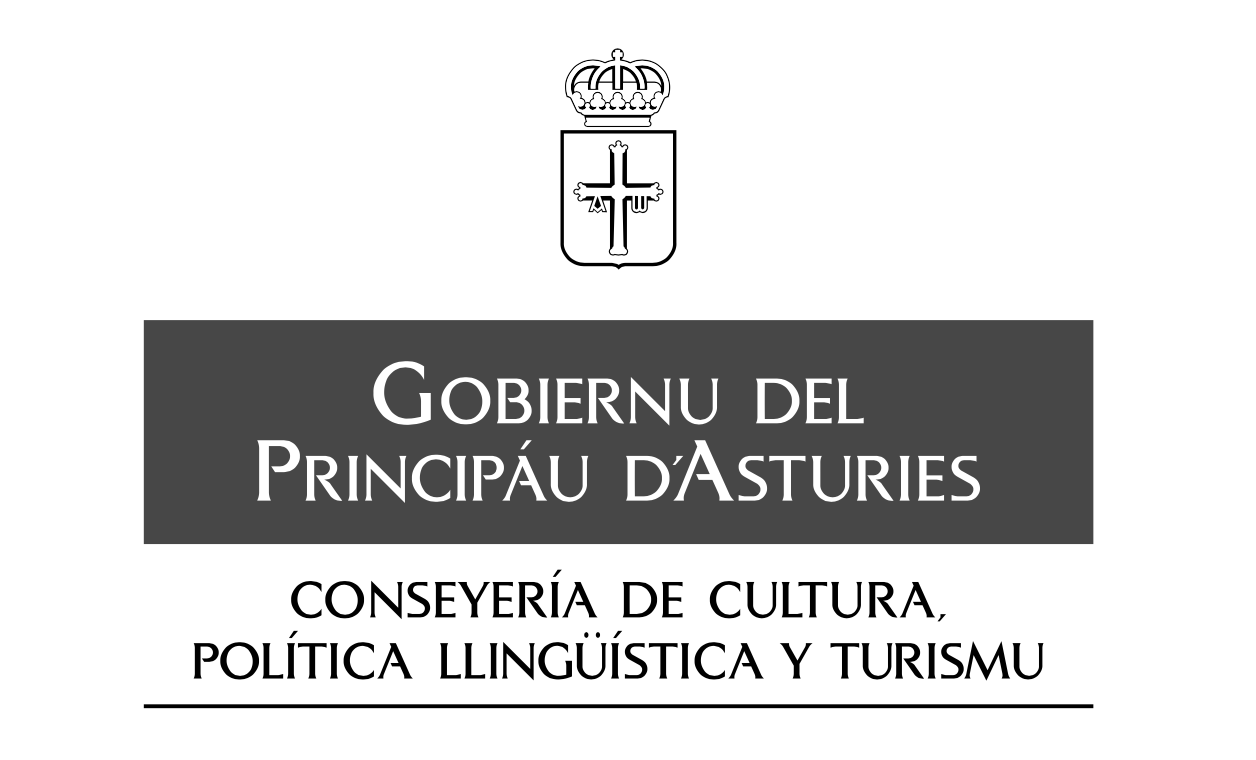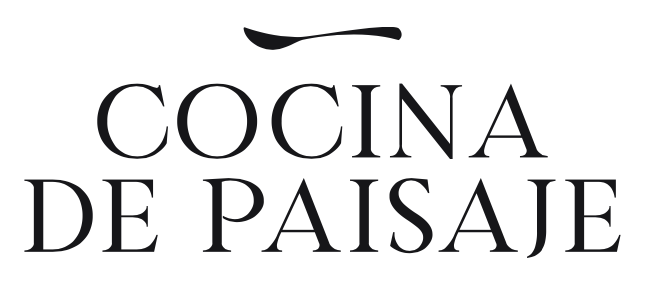News
"We can't compete with men in a marathon. But we can in a kitchen”
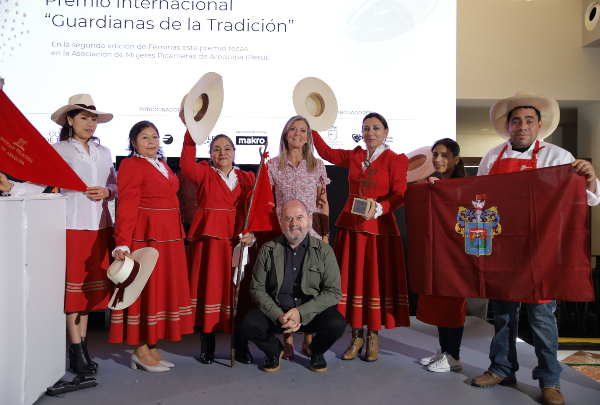
Carme Ruscalleda and her son Raül Balam claim that "cooking must showcase the environment". This is an opinion that is shared by Brazilian Manu Buffara and Portuguese chef Noélia Jerónimo.
They were the main attraction on the second day of FéminAs, and they were no disappointment. Carme Ruscalleda and Raül Balam, a mother and son now running Moments Barcelona and Sant Pau Tokyo, demonstrated their cordial relationship and personal and professional understanding, describing their view of cookery - seasons, knowledge and respect, in the sense of respect for the produce, the team and the general public. “Because cookery is culture. No one should have any doubt about that", said the Catalan chef. This was one of the conclusions of a talk which had attendees taking a look at their agendas, because Raül announced that he intended to open the new Cuina Sant Pau on 1 July. “It's a Friday, and it was a Friday 1 July when my mother opened the Sant Pau 34 years ago”. More respect.
With the present duly onboarded, mother and son dwelt on their past history and on communicating passion and communion by breaking moulds - Carme, for example, told the congress that "when I was born, little girls had a set of rules saying we had to do certain things. That's changed. Nowadays it's women who are going into professional kitchens, and men who are working in kitchens at home. We can't compete with men in a marathon. But we can in a kitchen”.
Raül added: "There's never been any difference between genders at home. That's why I take on people now, not men or women". Gender equality disappears at Can Ruscalleda, and they demonstrate this with one of the current recipes on the Moments menu based on egg with different kinds of asparagus, a dish that states "nowadays, it's not just about male and female genders. There are many more. We must understand that there are many other kinds of intimacies we must have respect for".
Product and territory with Manu Buffara
The Ruscalleda-Balam duo continued their talk to a captive audience, homing in on the principles of their cooking, which are respect for the product and respect for producers because "cooking must showcase the environment. What you're eating is a landscape, and so as a chef you must always show who you are, and that will give your cooking its originality", they concluded. Product and identity were also touched on by Manu Buffara. The talk by the chef of Manu (Curitiba, Brazil) called for a better understanding of history, and an appreciation of the work of the primary sector through chefs.
On the basis that gastronomy is culture, the chef acclaimed as an emerging talent by The 50 Best also made a stand for the retrieval of the origins cookery must have: “I cook to change my city and my community, but what's most important is for me to cook for myself, to pass on my story - which is the story of my people - in my recipes. My menu is storytelling, about my territory, and my tradition”. A story that must be heard because "without the cooking of the past, we cannot develop the cooking of the future”. That is why this chef feels we must "be proud of our own origins".
Noélia Jerónimo, from the Noélia e Jerónimo restaurant in Cabanas (Portugal), feels this pride, and most particularly of her Algarve, although she gave over her talk to praise the role of women in cookery, and singled out Ruscalleda as its personification. “Carme is an example of a fighter”, because cookery “is a difficult profession, very intense, and it means many hours of hard work. It's total dedication. And it's not easy being a woman in this sector, but those who fought for it got there in the end". “Like Carme”.
Fonio, Binta's superfood
Africa was represented at FéminAs by the chef of Fulani Kitchen (Accra, Ghana), Fatmata Binta, who discussed the virtues of one of the continent's cereals, fonio. “You don't need much water to grow this, it's healthy, and also gluten-free". Binta was forced to leave her native Sierra Leone due to the civil war, and she and her large family had to go into exile. “We were a large family, my grandmother couldn't feed all of us, and so she had to find a way around this, and found it in fonio, a very healthy cereal which kept us fed and was easy to grow". This is also a way of cooking up the territory.
Women from the world of wine and livestock raise their voices
Carmen Martínez (Bodega Las Danzas, Las Mestas, Asturias), Andrea González Muñiz (Bodega Monasterio de Corias, Cangas del Narcea, Asturias), Belén Sanz (wine expert at Bodega Dehesa de los Canónigos, Valladolid) and Rosana Lisa (manager of Bodegas Lalomba, La Rioja), four professionals with years of experience and know-how in the world of wine, took part in a debate in tendencies and perspectives at the first round table on the second day of the congress in Asturias.
The four agreed that climate change was affecting them, but less so in Asturias - "it's gone well for us because we have more hours of sunshine", said the ladies from Asturias; the four of them also agreed that the future of wines lies in working on each vineyard individually and focusing on local single-variety wines.
Conclusions were also shared by the four female livestock breeders who took over from them. Amelia Díaz, Carolina Entrecanales, Rocío García, Paloma López and Ángela Santos again made a stand at FéminAs for “better legislation for the countryside”, because “laws are made in urban environments”. Among other issue, they complained that "there's no logic for someone else setting the price for something you produce. We need a fair price right now".
The "picantera" chefs promise to come back
Following their presentation on Monday, Arequipa's "picantera" chefs took up the FéminAs International "Guardians of Tradition" Award in the wake of Mexico's "Cocineras Tradicionales de Oaxaca" Association last year, as a surprise event that was repeated this year with the chefs of Asturias' "Guisanderas" Club, the eternal hosts of both the award and the congress. At the award ceremony, amid music and celebration, they again expressed their gratitude for the prize, "and most especially on behalf of our mothers and grandmothers", and displayed a red pennant as a promise to come back. “We put this on the doors of the "picantería" restaurants to show that we have "chicha" beer, and that everyone is welcome. Here it means we'll be back". FéminAs, and Asturias too, certainly hopes so.

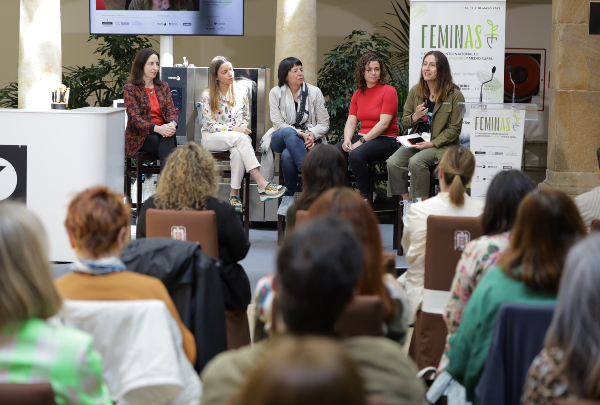
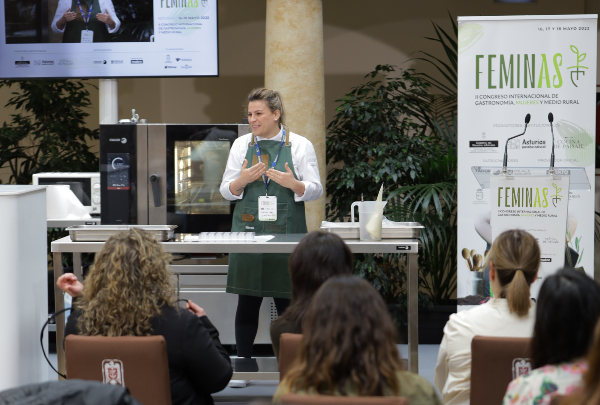
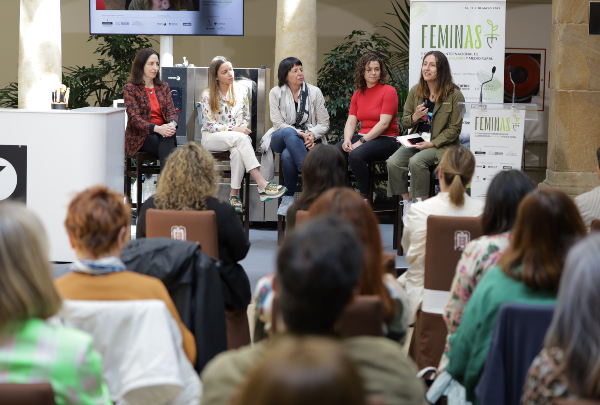
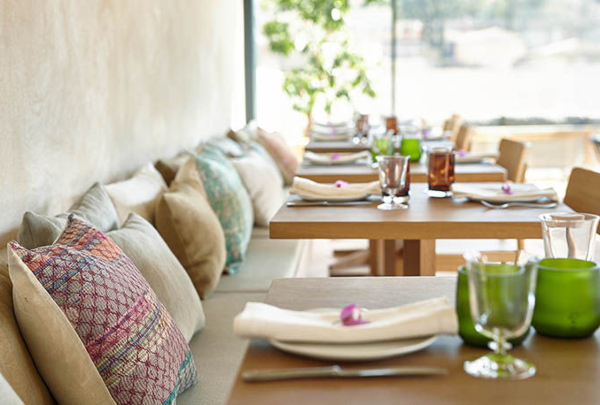
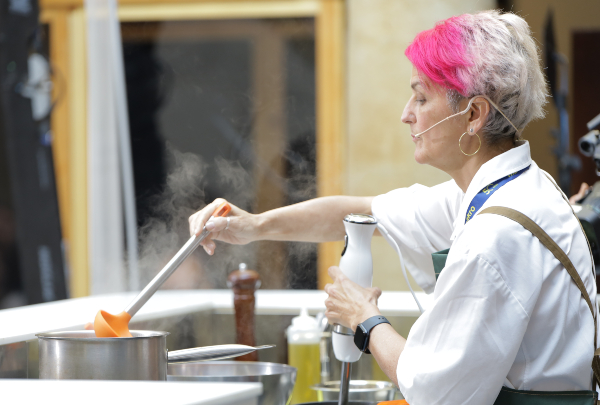
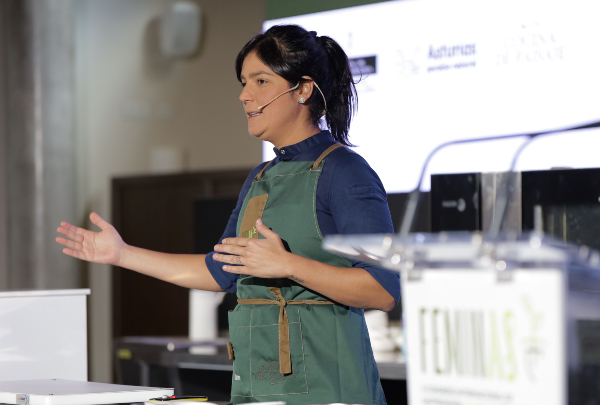
 600.jpg)
